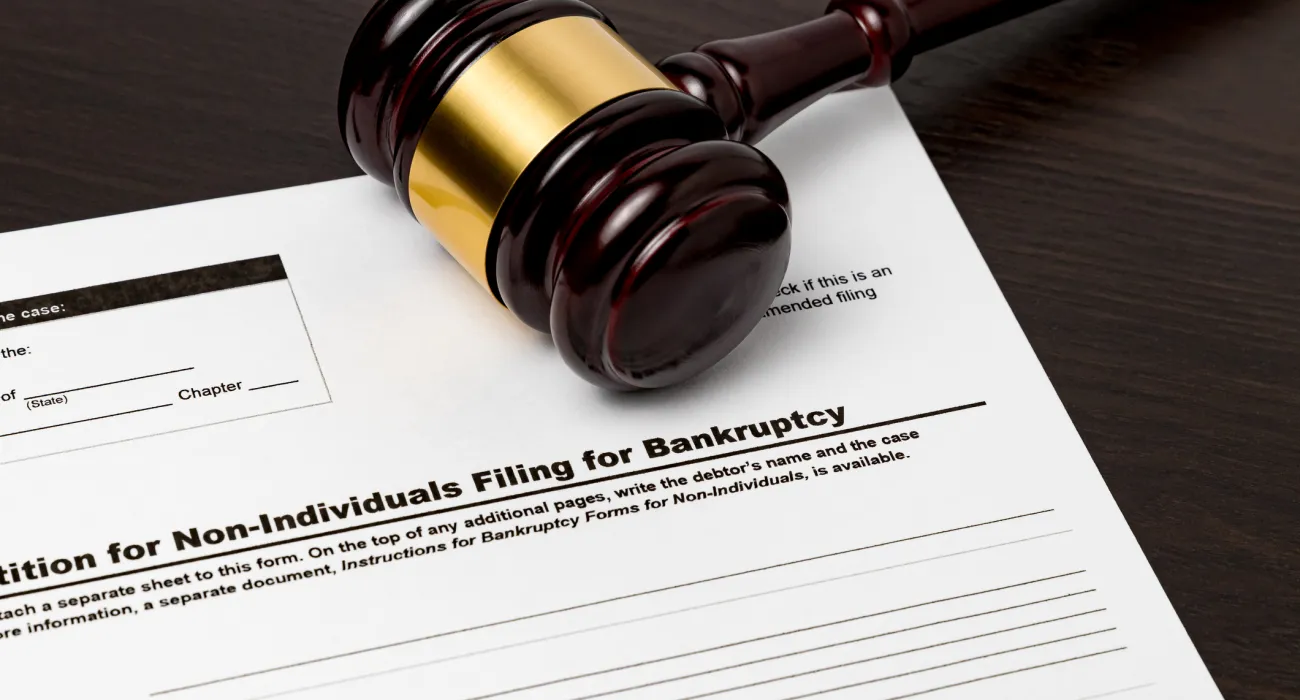You may know about filing Chapter 11. It means you're doing a so-called reorganization bankruptcy proceeding. The debtor has a trustee's power and duties, and you can continue operating your business. You still have some freedoms, even though you're in dire financial straits.
You may also know about filing Chapter 13. This means you set up what the court system calls a wage earner's plan. You still have your regular income coming in from your business or job. With the court's help, you devise and initiate a plan. As that plan proceeds, all your creditors will get their money or some of it.
When you file Chapter 13, you can do certain things but not others. We will talk about them in the following article.
Car Title Loans
Can I get a title loan while in Chapter 13? Many individuals ask this question, and it's worth examining.
Car title loans mean loans you get from banks, credit unions, or other lenders when you put up your car as collateral. It's a secured loan. The lender might give you money, but you must pay it back with interest. If you cannot pay it back on time, the lender may repossess your car.
In most instances, you can't get a title loan with a Chapter 13 bankruptcy designation. This procedure limits you, and the courts might not let you borrow money this way.
It's not completely impossible, though. Sometimes, you can find a way. If the court approves your plan, you can get a special dispensation. That lets you apply.
If you've already got a car title loan in place when you file Chapter 13 bankruptcy, that may impact it. Your attorney might restructure your debts during this process. They may work with your car title lender to work out an alternate payment plan.
You Should Collect and Store Your Financial Documents
When you file Chapter 13, you must document all your recent financial transactions. The court will want those. You should keep and file your tax returns and W2s. If you have transactions from failed investments, collect those as well.
When you go through the bankruptcy petition, you'll need that paperwork. If you can't give the trustee all those files and papers, that might slow down the whole proceeding.
You Can Take a Credit Counseling Course
When you start a Chapter 13 filing, you should know it's not a quick or easy process. It takes time, and it's sometimes tedious or even frustrating. You must exercise patience.
While you work through it, you can take a credit counseling course that teaches you better money management skills. The court might order this, but even if it doesn't, it is still a wise idea.
To some extent, you're throwing yourself on the court's mercy when you file Chapter 13. You acknowledge that you spent beyond your means and got yourself in financial trouble. If you take a credit counseling course, the judge should see you're learning your lesson. That's a point in your favor as the process plays out.
You Can't Transfer Property or Other Assets
When you go through the Chapter 13 filing process, you might feel you should shift some assets around or even hide them. You may think you can reclaim them at a later date.
If you do this, it can spell disaster. You must not transfer assets or shift your money around. During the Chapter 13 filing process, the judge demands records showing your financial movements during the previous two years. If you hide anything, you might face legal charges for that.
The court might look back even further. If they feel it's necessary, they can look back five years or 10. If you transferred land or vehicle titles and friends or family members have those now, the court can legally reverse those transfers as the judge sees fit. Remember that if you think you'll try something clever and fool the court.
You Can Get Loan Offers, But Think Twice Before Accepting One
When you file Chapter 13, you might think no bank or credit union will offer you a loan, even if you want one. Many still do, though. You may have another lending entity that offers you loans as well, like a company running ads on TV.
Even though these loan offers might tempt you, think carefully before accepting one. For one thing, you must get the court's approval. You can't take on new debt without their explicit consent while the court system is supervising your financial matters.
Also, lender who offers you loans while you're in Chapter 13 might do so legally, but perhaps they have predatory motives. It's best you get money through other means when you're going through the Chapter 13 process.
You Must Report Money from Unexpected Sources
When you go through your Chapter 13 bankruptcy proceeding, you must report the money you make through your job, or jobs, if you have more than one. However, maybe you'll get cash suddenly through an unexpected source.
Perhaps a relative dies and leaves you an inheritance. Maybe you get an insurance adjustment of some kind.
If so, you must tell the court. Maybe you'll try to hide that money, but if the court finds out about it, you'll face significant penalties. Remember that you're throwing yourself on the court's mercy, and hiding assets, even unexpected money like an inheritance, won't work out in your favor.
That unexpected money might go to your creditors if you tell the court that you have it, but it will still help you. The payment likely speeds up the process till your Chapter 13 proceeding concludes, and you can resume your normal life again.
Chapter 13 isn't easy or fun, but sometimes, it's your best option. You can get through it if you remain steadfast and follow the court's instructions to the letter. In time, you can repay your creditors and start building your credit back up again.




